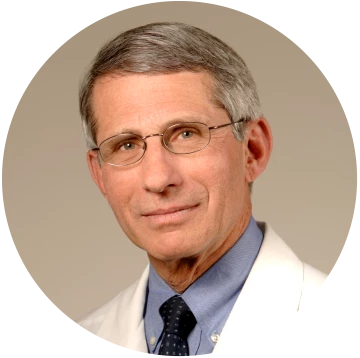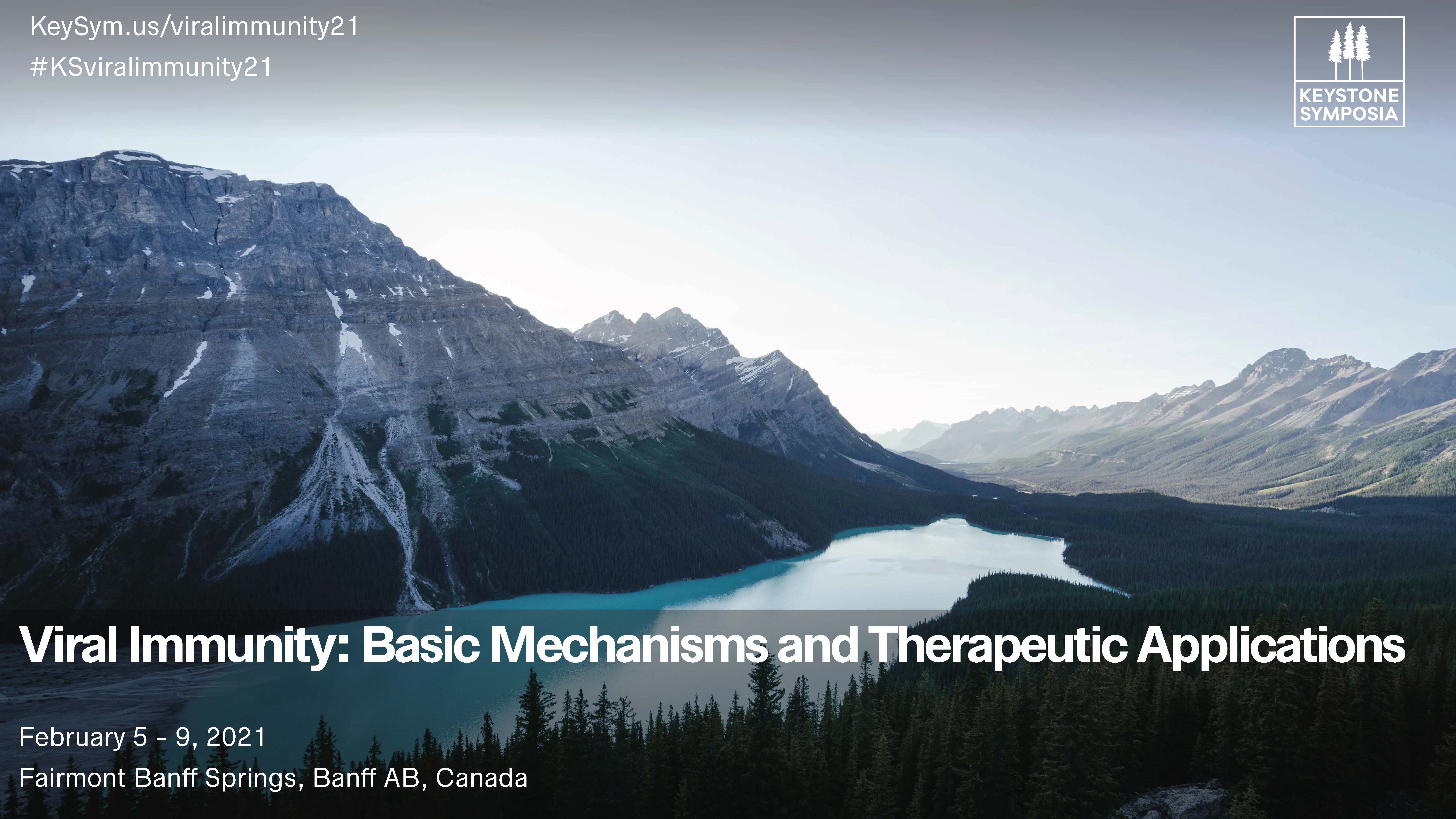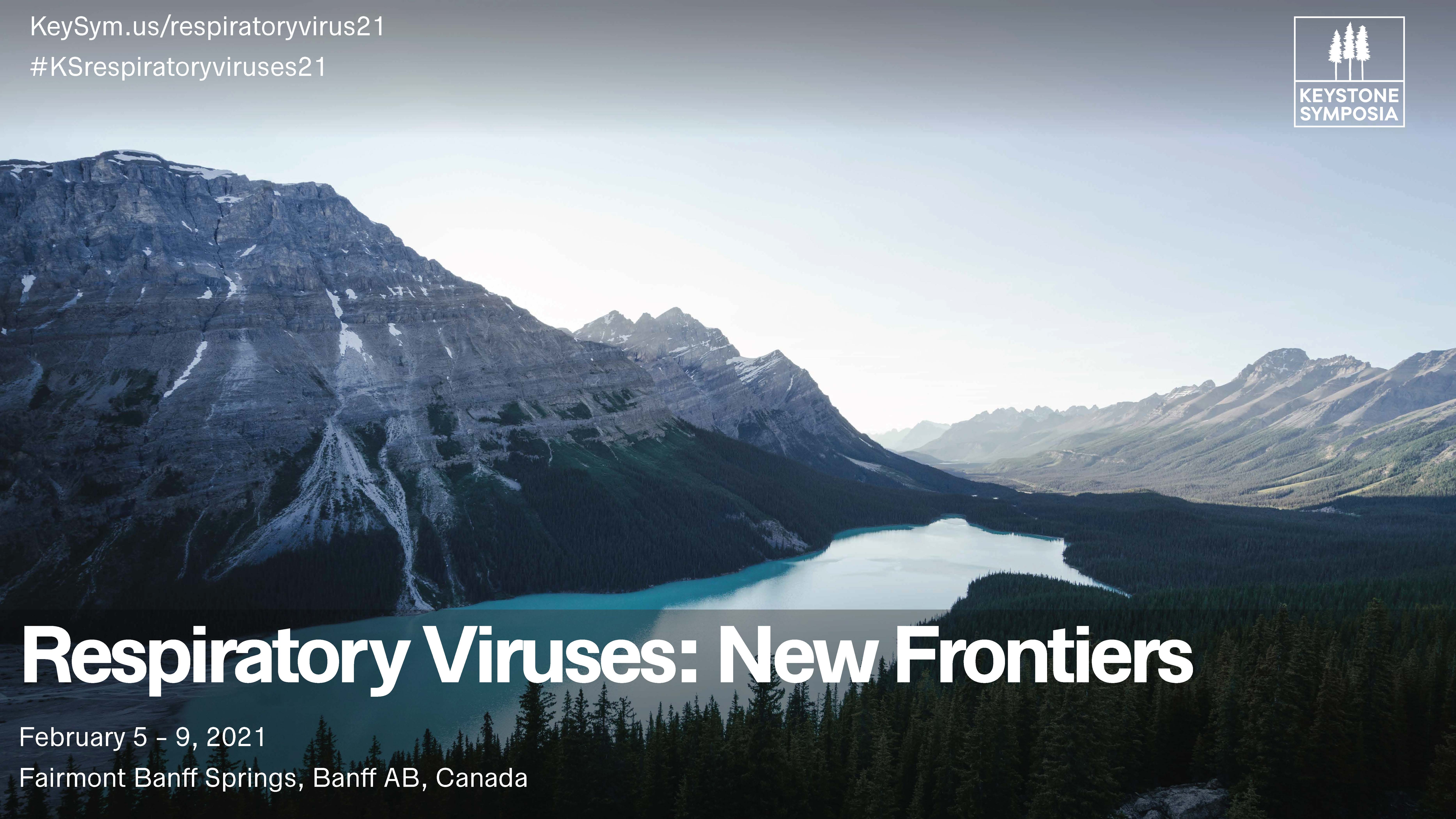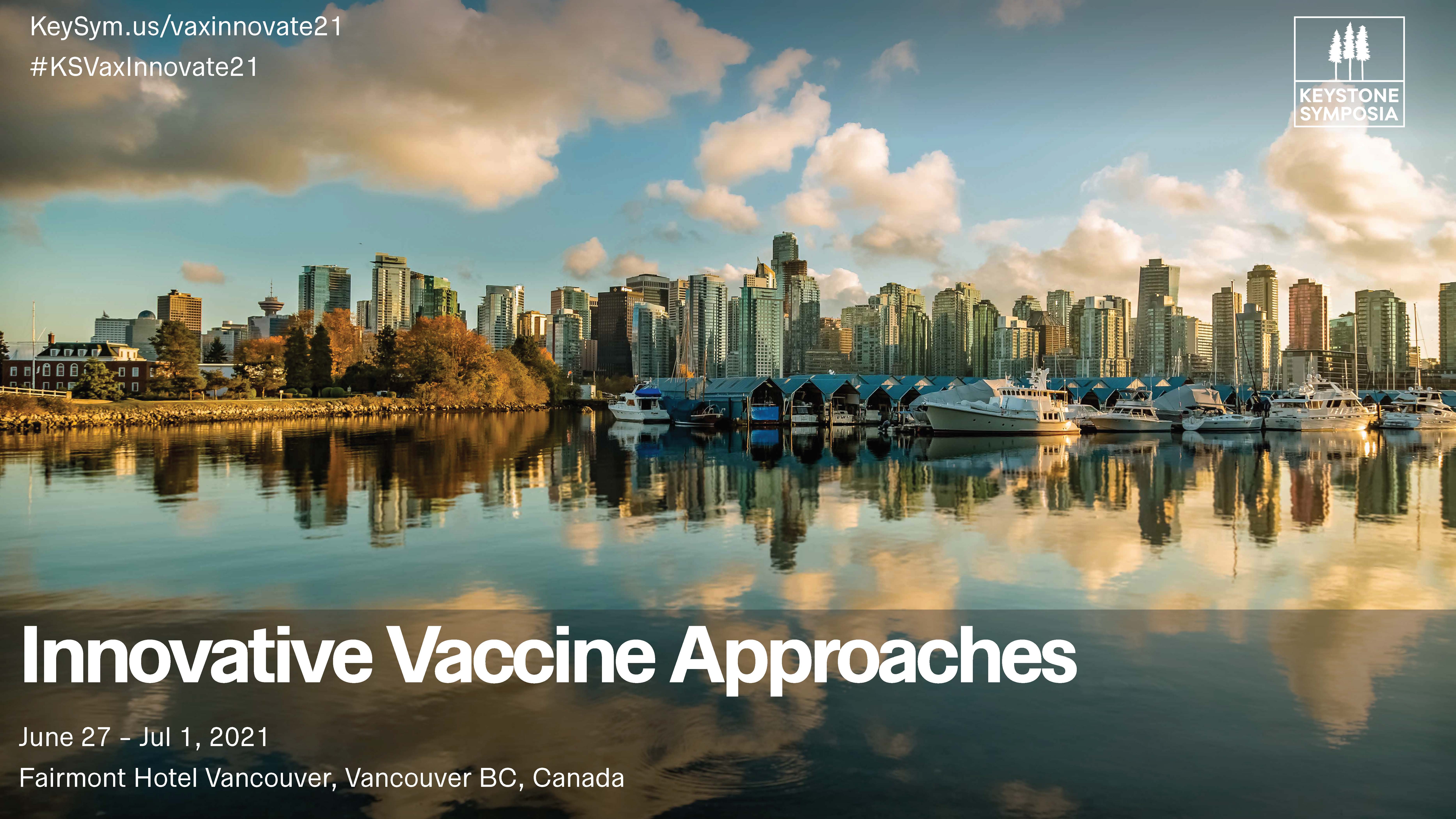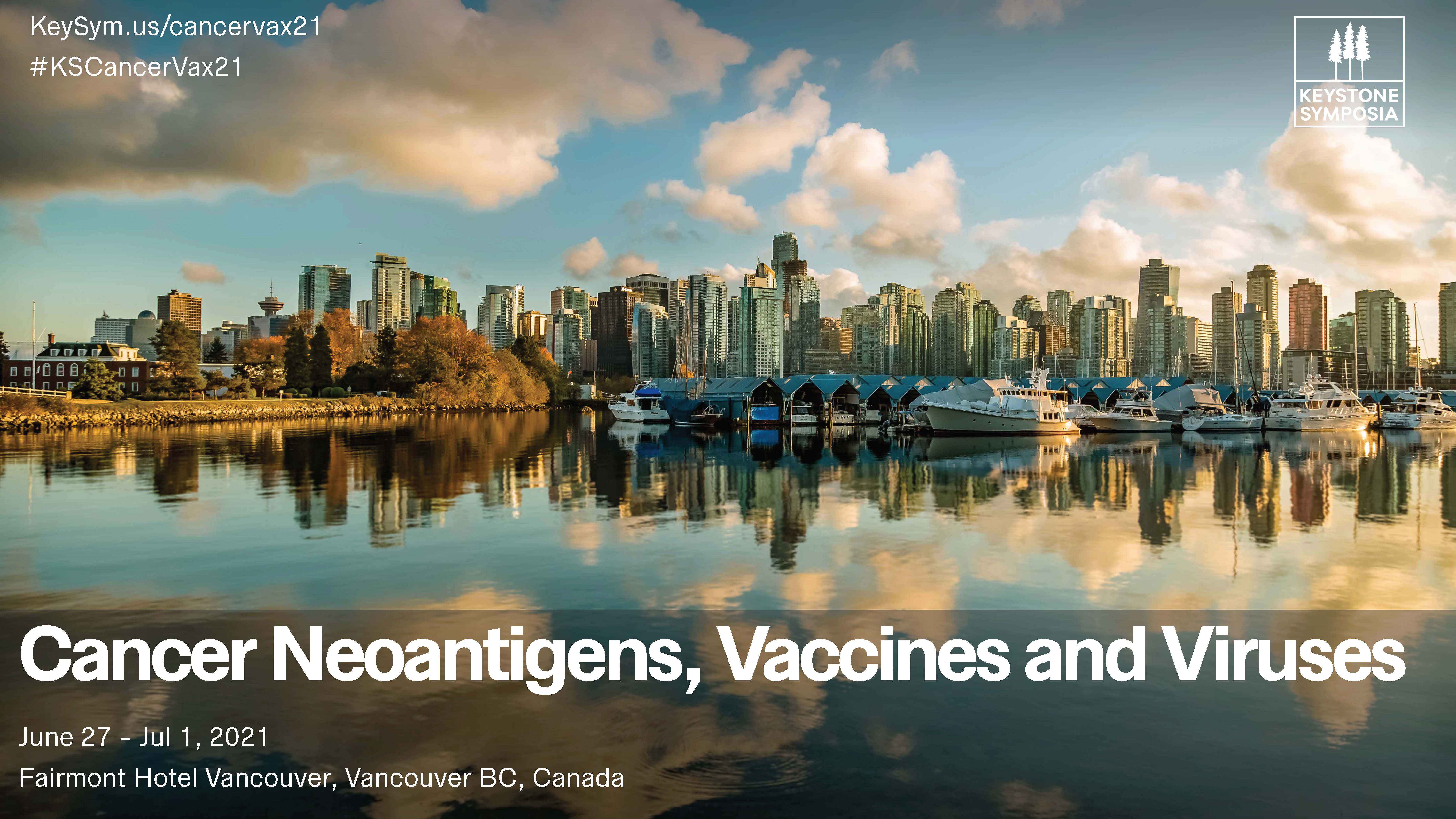
Genomic Stability and DNA Repair
September 21-23, 2020 | 10:00AM EDT | 2:00PM UTC*
*Program is in development and subject to change
This virtual conference seeks to connect emerging mechanisms of DNA repair and replication with genome stability. The significance and complexity of the DNA damage response cannot be understated, with a central role in reproduction, development, and genome evolution, as highlighted by the many human disease states that occur from genome instability stemming from DNA repair deficiency. The scientific program reflects the importance of classical processes such as DNA replication and homology directed DNA repair in genome integrity, while highlighting emerging aspects of the DNA damage response involving noncoding RNA, chromatin recognition and organization, and catastrophic rearrangements that emanate from mitosis. An additional area of innovation is the realization that genome stability influences human physiology through its signaling to metabolism, the immune system, hematopoietic stem cells, and developmental biology. We will emphasize the importance of fundamental DNA repair mechanisms to organismal biology in normal and pathophysiological states, including opportunities to exploit the DNA damage response for therapeutic gain and genome engineering. The scientific program encompasses two keynote speakers, eight plenary sessions and four workshops, that collectively, represent the most exciting aspects of the field and bring together a scientifically diverse group of international investigators to promulgate interdisciplinary areas of exploration.
Program is intended for scientific researchers and clinical audiences.
Join us for this landmark virtual event, brought to you by Keystone Symposia.
Pricing:
Registration for this meeting is now closed.
Deadlines:
Scholarships: Passed
Abstract Submission: Passed
#VKSDNArepair21
Speaking at this eSymposia
Mirit Aladjem
NCI, National Institutes of Health, USA
Simon J. Boulton
Francis Crick Institute, UK
J. Ross Chapman
University of Oxford, UK
Irene Chiolo
University of Southern California, USA
Dipanjan Chowdhury
Dana-Farber Cancer Institute, Harvard Medical School, USA
Karlene A. Cimprich
Stanford University, USA
David Cortez
Vanderbilt University School of Medicine, USA
Alan D. D'Andrea
Dana-Farber Cancer Institute, USA
Titia de Lange
Rockefeller University, USA
Daniel Durocher
Lunenfeld-Tanenbaum Research Institute, Canada
Anindya Dutta
University of Virginia, USA
Roger Greenberg
University of Pennsylvania, USA
Jacqueline J. Jacobs
Netherlands Cancer Institute, Netherlands
Maria Jasin
Memorial Sloan Kettering Cancer Center, USA
Gaelle Legube
Center for Integrative Biology, France
Joachim Lingner
École Polytechnique Fédérale de Lausanne, Switzerland
Nima Mosammaparast
Washington University in St. Louis, USA
André Nussenzweig
NCI, National Institutes of Health, USA
David Pellman
Dana-Farber Cancer Institute, USA
Katharina Schlacher
MD Anderson Cancer Center, USA
Barry P. Sleckman
University of Alabama Birmingham School of Medicine, USA
Patrick M. Sung
University of Texas Health Science Center at San Antonio, USA
Lorraine S. Symington
Columbia University, USA
Madalena Tarsounas
University of Oxford, UK
Helle D. Ulrich
Institute of Molecular Biology, Germany
Lee Zou
Harvard Medical School, USA
The views expressed in this eSymposia are those of the participants and not necessarily of the participants’ organizations or of Keystone Symposia.
Donate to Keystone Symposia
